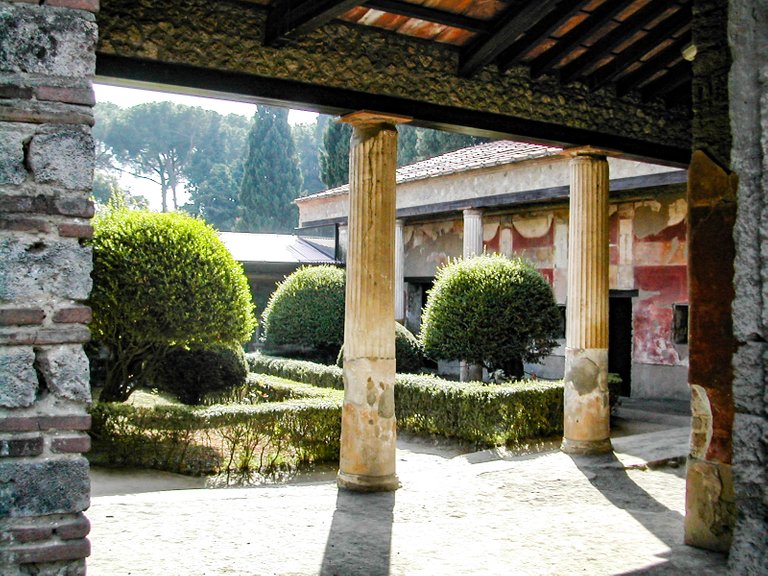
I am a big fan of Italy, I love their food, wine, history, music, arts, architecture and most of all their entire hedonistic lifestyle, "La Dolce Vita". This is a really wonderful country with all sorts of landscapes from high, rocky mountains to breath-taking beaches and seasides. I love walking on the ancient, cobble-stoned streets and watch locals sipping their coffee and discussing matters of life. I love the adorable markets and the tiny little shops as well as the checkered-clothed tables on the streets in front of restaurants...
Back in 2008, I had a chance to visit the islands and coastline in the Gulf of Salerno during an amazing trip with a small sailing boat. It was really great, one of the best excursions of my life. You have a totally different view of these little towns and villages if you look at them from the sea. It is really amazing how high they have built houses up on the rocks. Though it was a long time ago, I can still vividly remember the picturesque towns, the wonderful view of the horizon, the squeaking sound of the seagulls, the incomparable smell of salty water and the gorgeous taste of Italian red wine. I would like to share these memories with you in this series of posts. (Sorry, blame it on the winter that I became nostalgic and started to watch holiday photos... 😊😊😊)
I have found this map here, it shows basically all the places I have visited and going to talk about in this series:
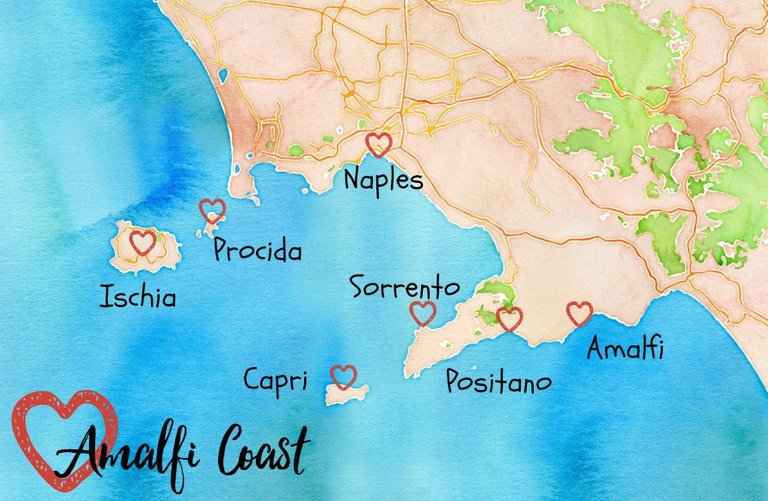
In this series I already wrote
- three posts about Amalfi (you can read them here, here and here),
- one about Positano (you can read that one here)
- two about Capri (you can read them here and here),
- one about Sorrento (you can read it here) and
- one about Pompei (you can read it here).
This is the second part of my journey in Pompeii. In the last post I was showing you pictures of the streets and pathways, now let's take a look at the house interiors. It is really amazing to see the great condition these buildings are preserved in.
They were sleeping there, covered by the volcanic ash for centuries. You just feel as if you were participating in time-travel walking around the place. The mosaics on the floor, the frescos, the decorative sculptures are all in wonderful condition. Having a look at the richness and hedonistic lifestyle they might have, you start saying 'yes' to your own life. I was thinking earlier, how could this happen to them?
Can you imagine yourself waking up one day going to school or work, meeting your lover, feeding your dog?... How would it be that you just rum your normal daily routine in one moment without even slightly suspecting that these would be your very last moments? Without realizing that shortly everything will be covered by dust and smoke and you will have to die? Anecdotes say that the animals felt it, they say that the birds flew away, the dogs were more anxious and were running back and forth frightenedly. They could sense that something is not going well. But the people didn't realize what was happening. The entire city was buried and was frozen in a given period of time.
And you are just walking there and partly feel amazed by the beauty and "realness" of the place but on the other hand, you partly feel shocked as soon as you realize where you are and what happened there. How many people, kids, men, women and animals were dying on that black day. Their corps also was reserved (many of them in their last agony). I felt after a while that I became more and more silent and withdrew into my own thoughts. So come with me on this journey and see where these people lived, try to imagine what was their life when they were dancing in those halls, cooked in those kitchens, looked out on those windows... Sad, isn't it?
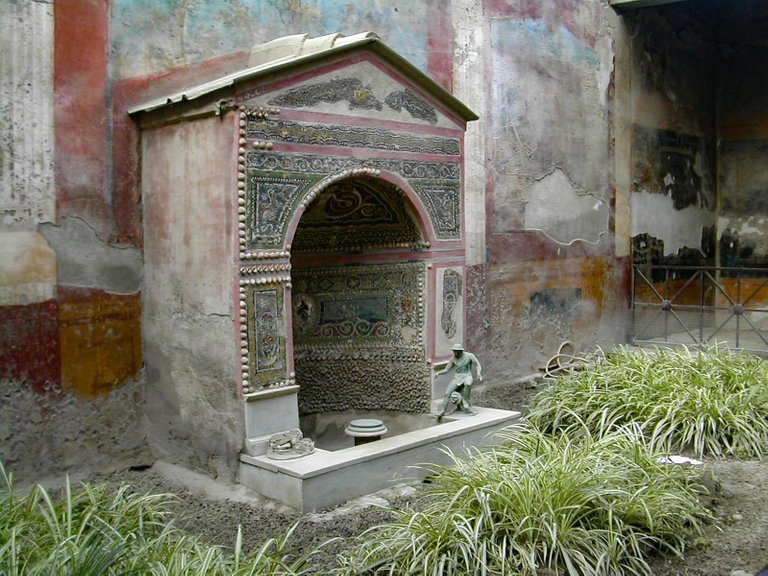
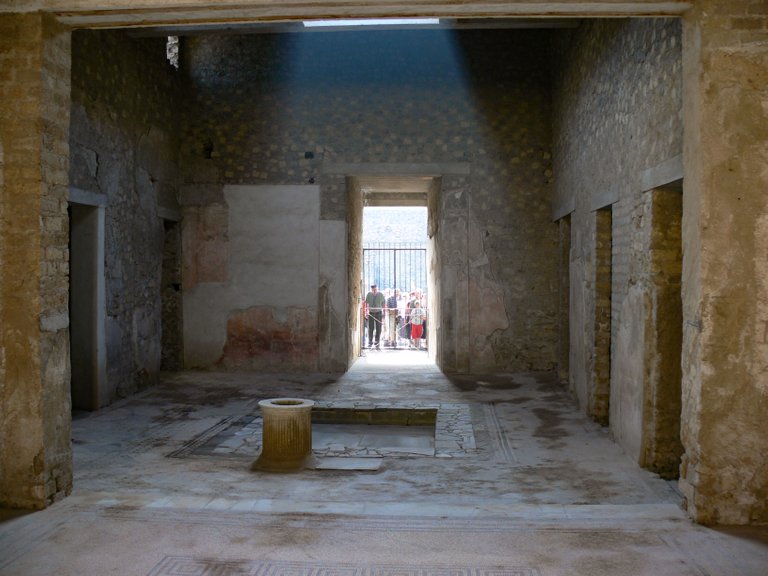
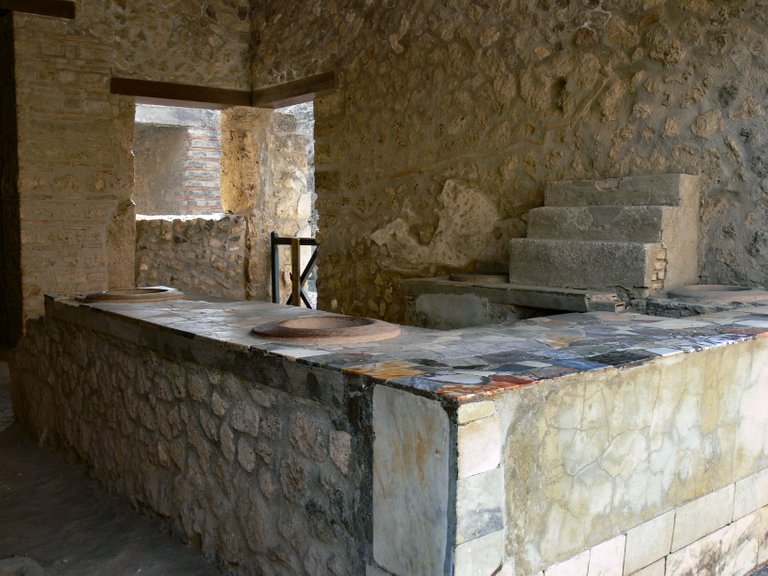
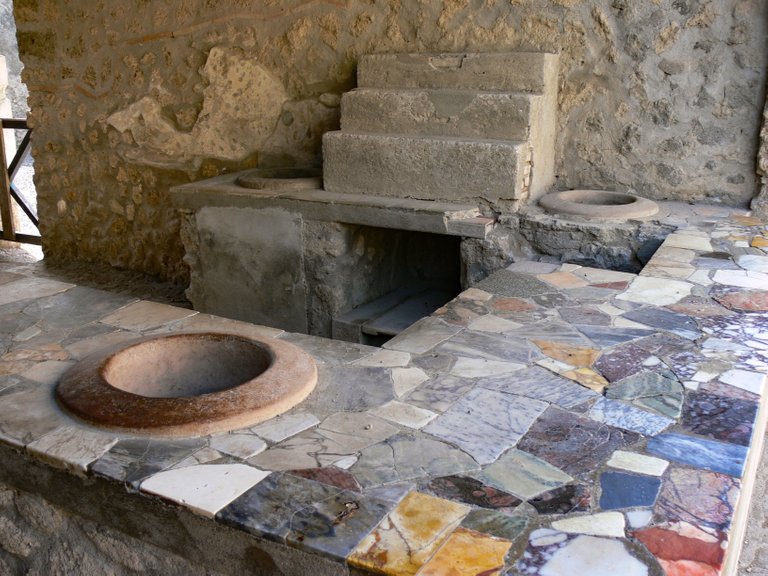
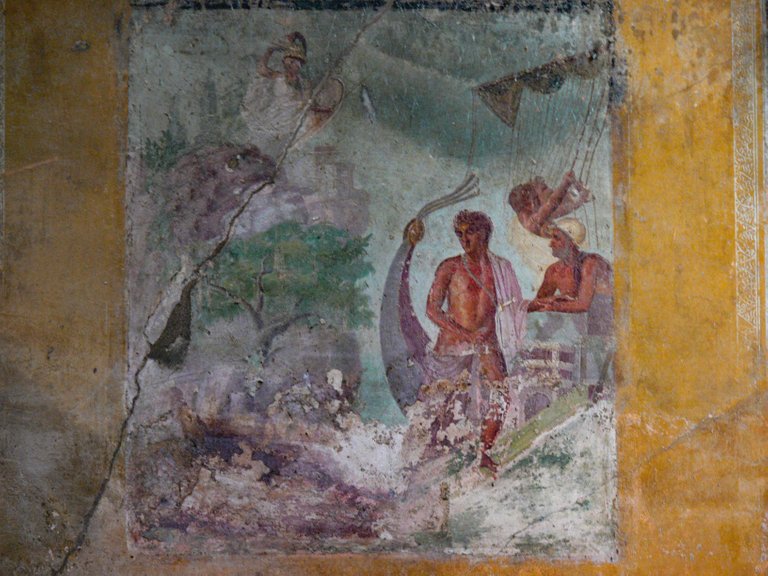
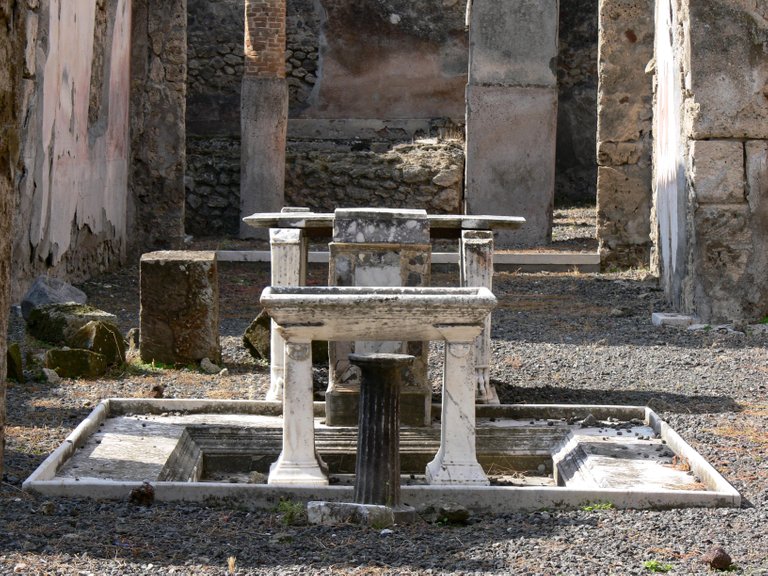
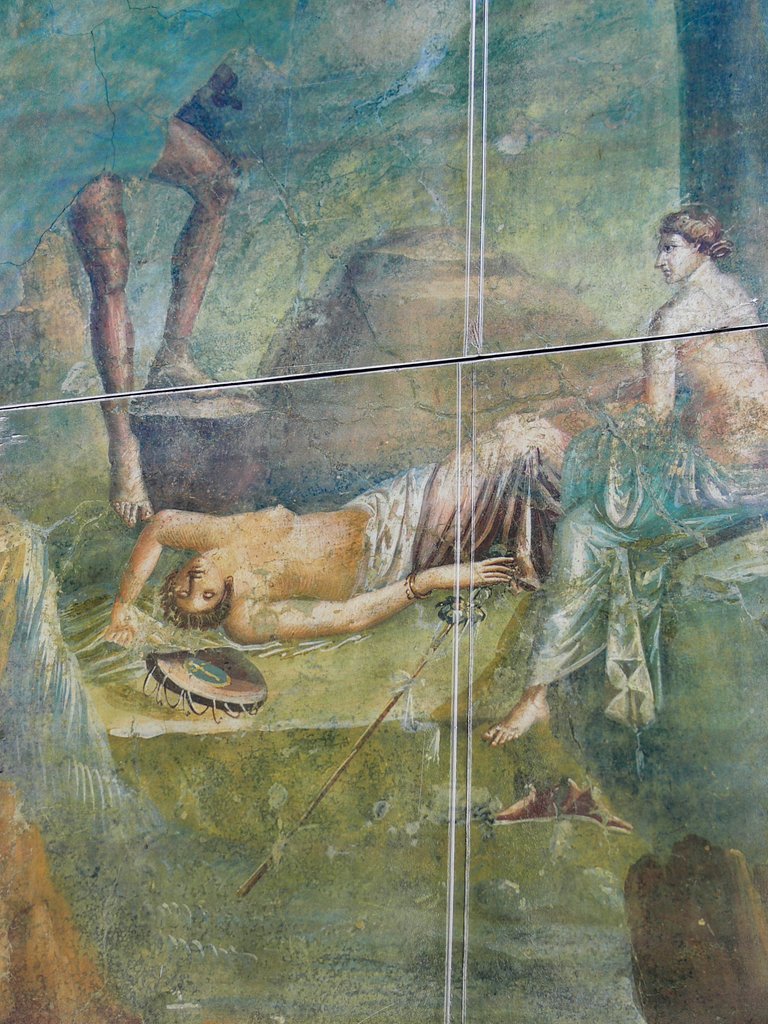
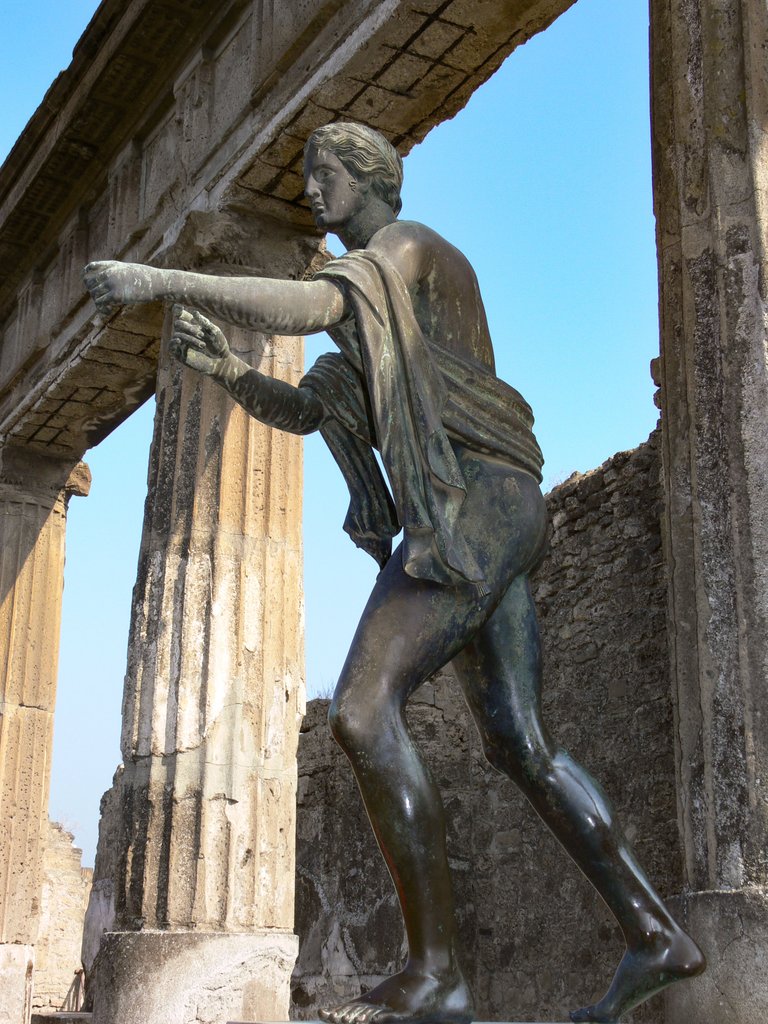
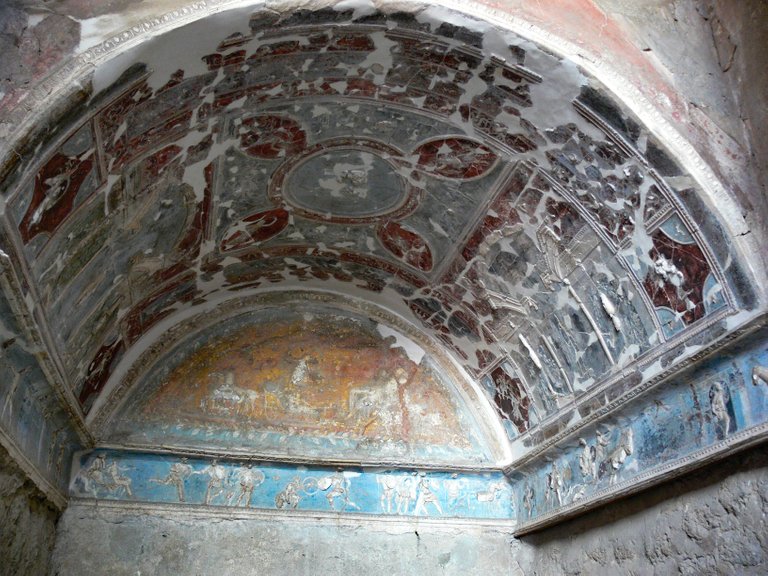
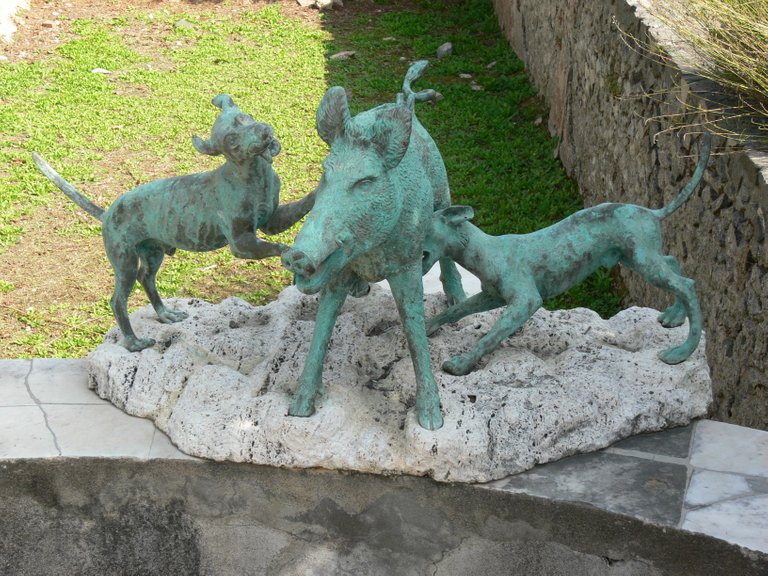
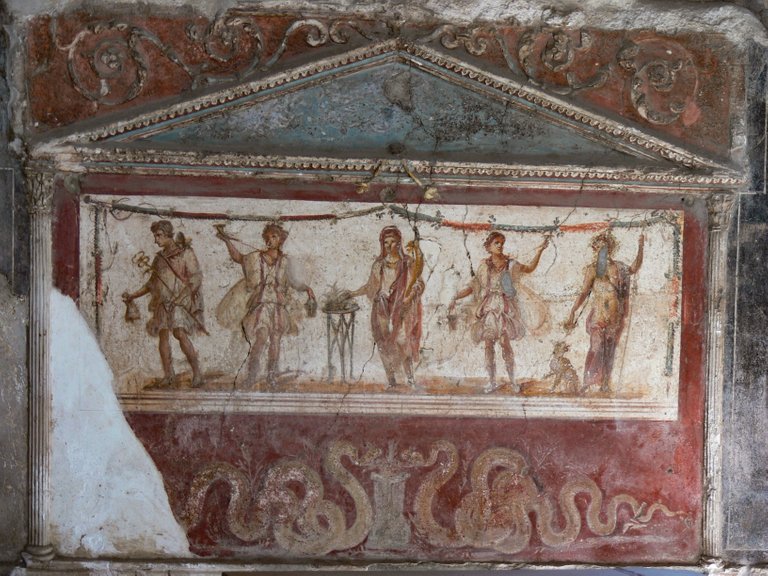
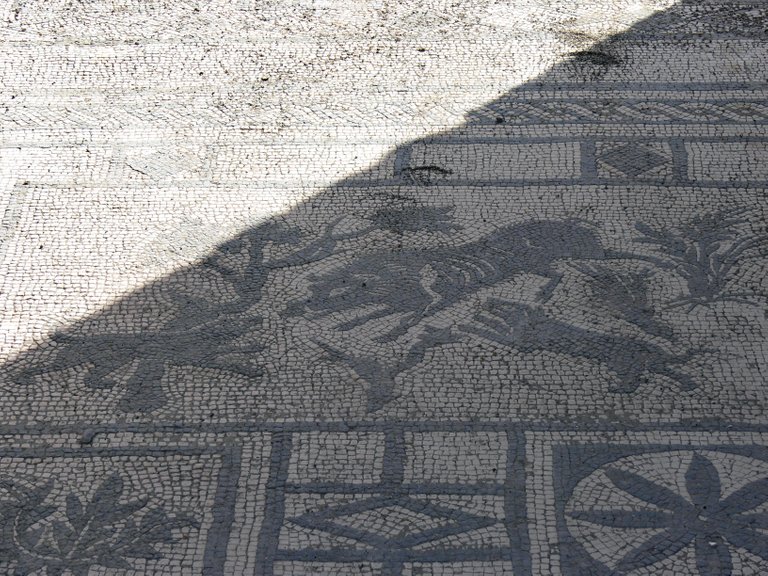
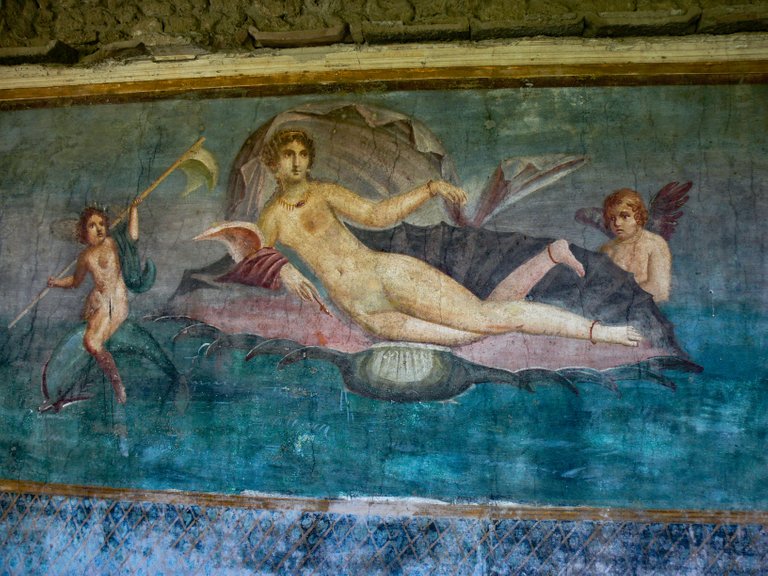
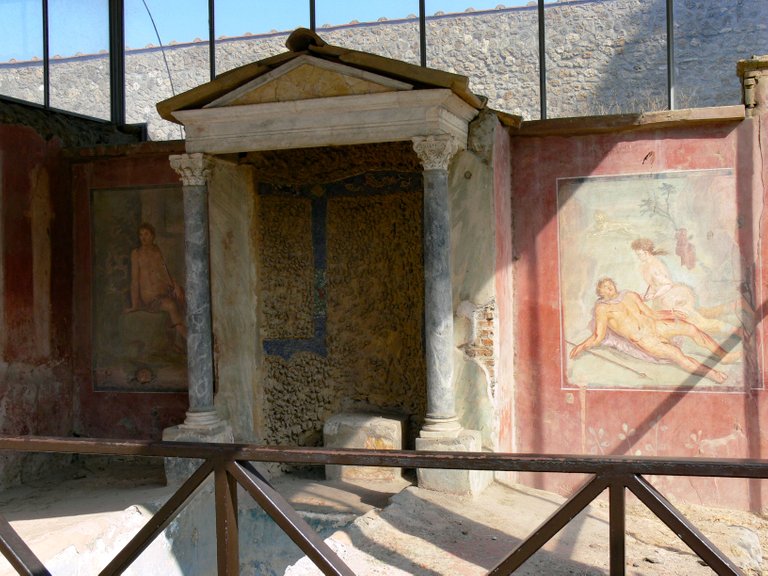
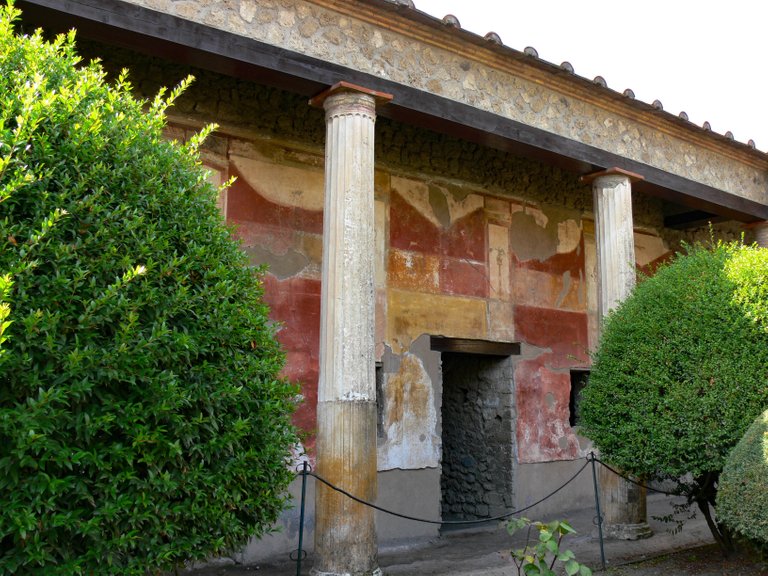
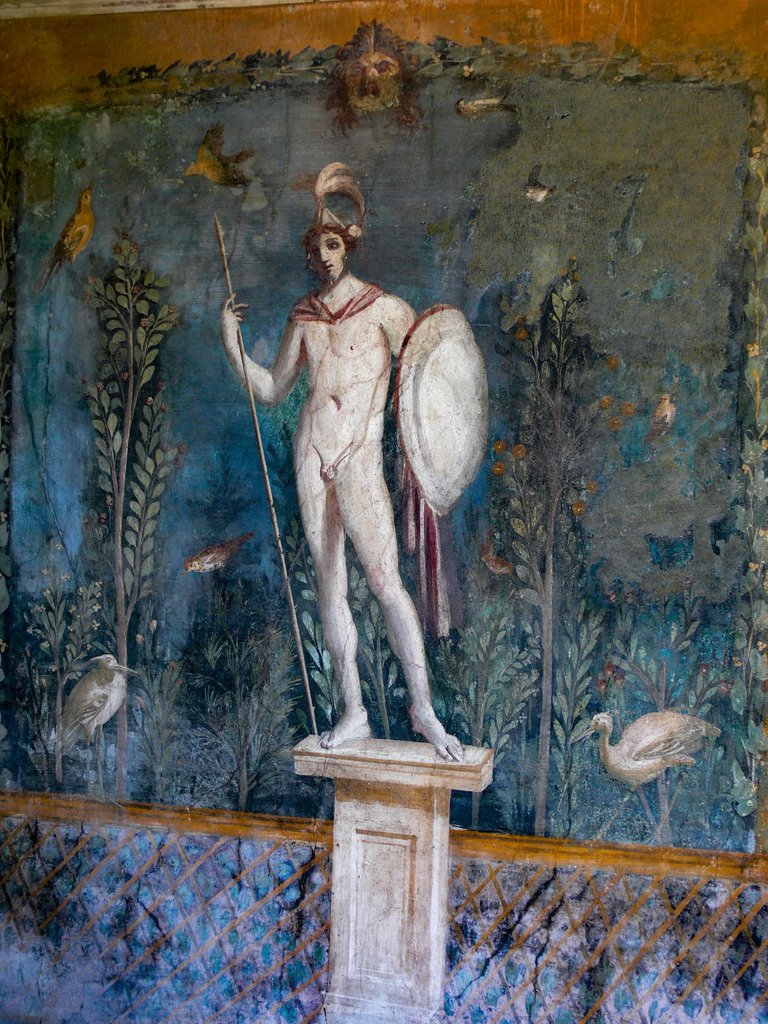
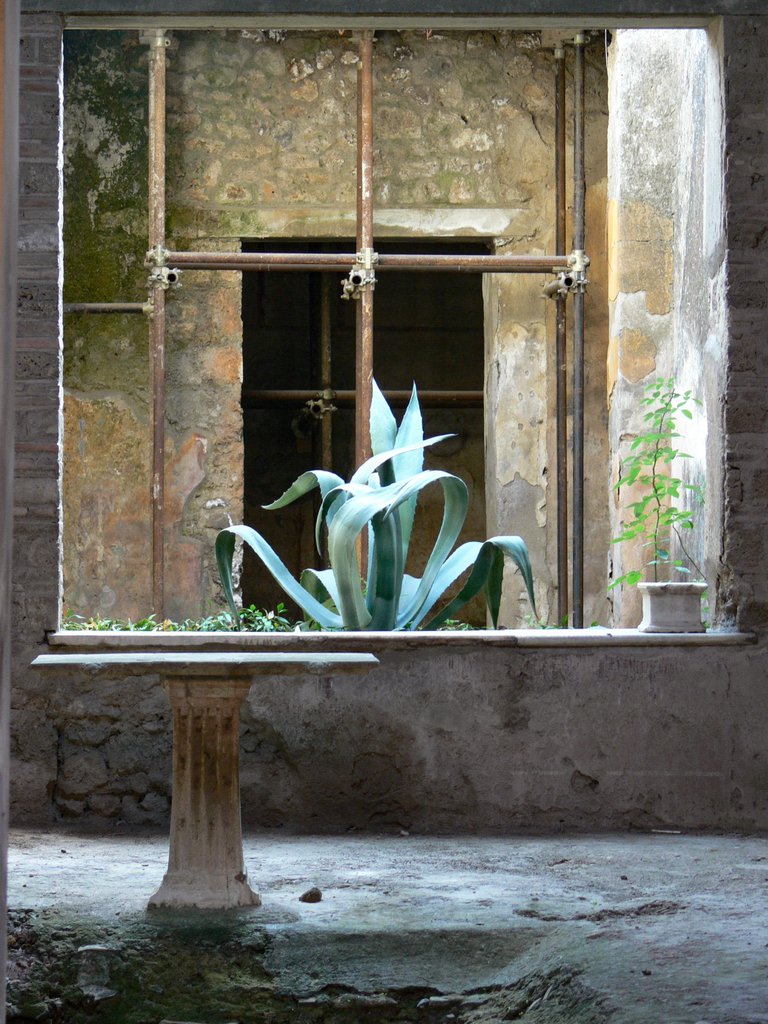
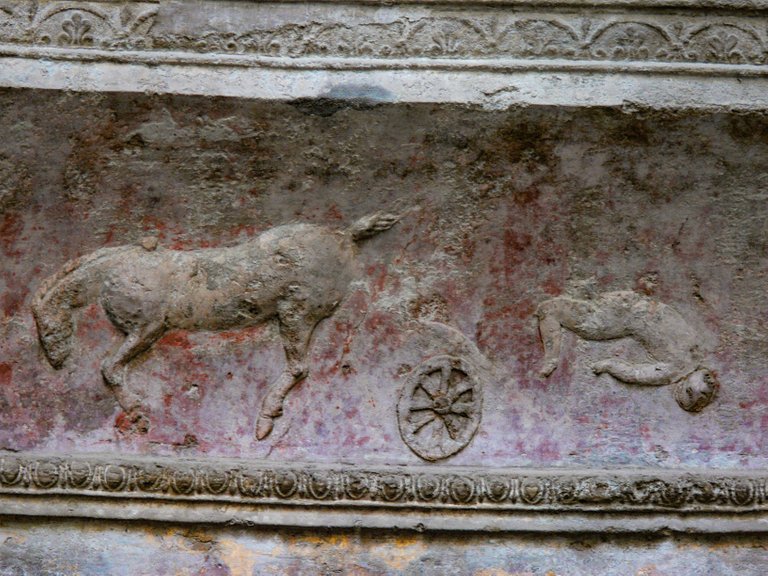
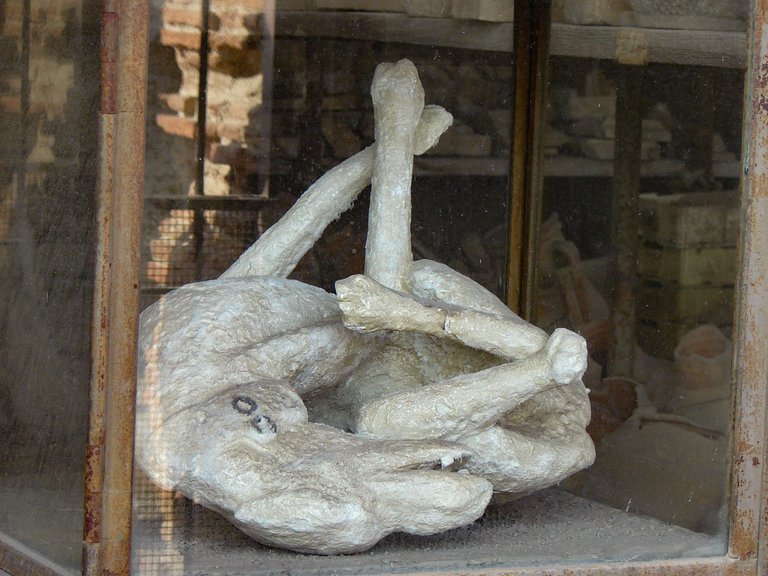
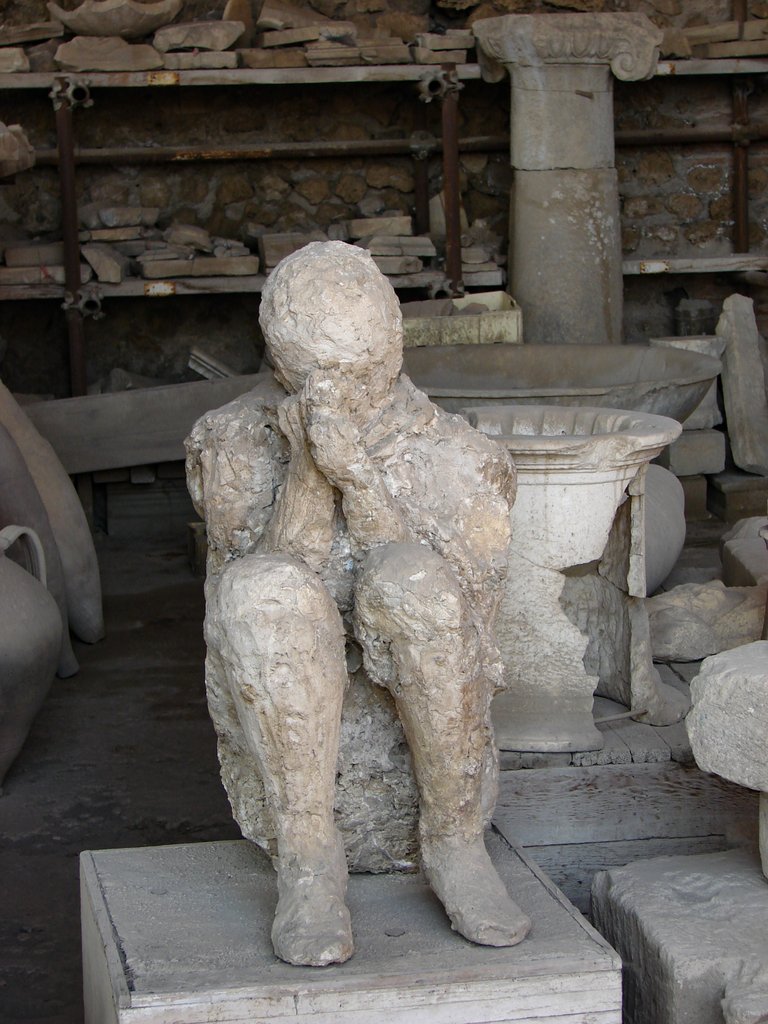
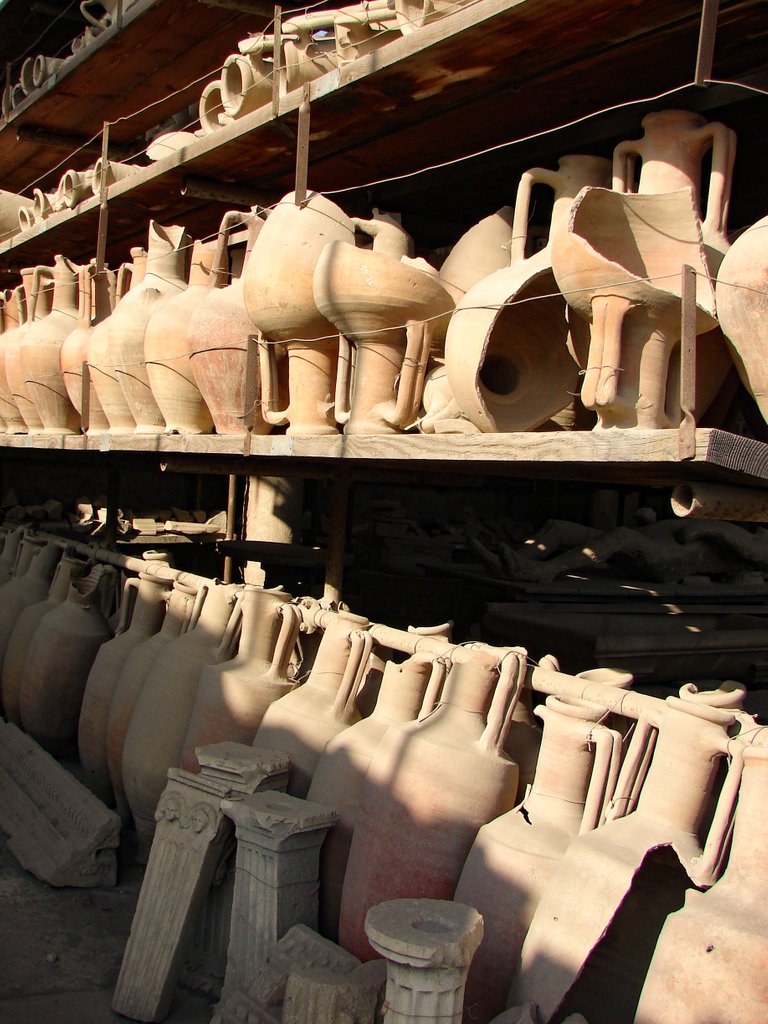
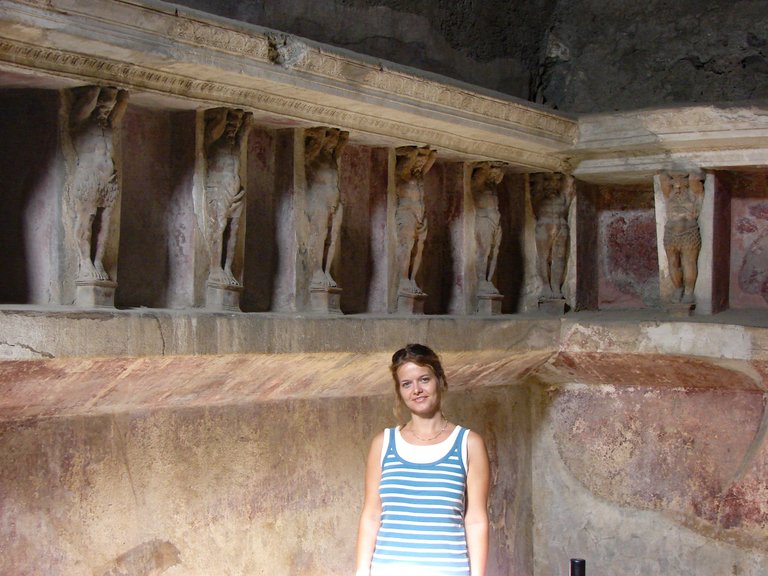
This post was cross-posted on Whaleshares.